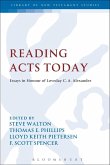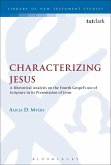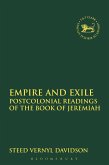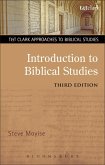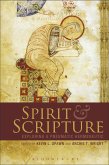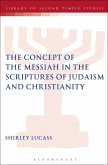This book presents a synthesis of Gerbern Oegema's extensive research on apocalypticism and Biblical interpretation. Oegema works with the hypothesis that apocalypticism was a major current and mindset from the beginning of the Second Temple period, through Enochic literature, the Qumran Scrolls and the New Testament into Late Antiquity, shaping many inner-Jewish traditions and those emerging from Early Judaism, namely the Early Church and Rabbinic Judaism.
The topics and texts dealt with range from prophecy and apocalypticism in Second Temple Judaism, messianic expectations in the Qumran writings, the apocalyptic interpretation of the Patriarchs in 4QPatriarchal Blessings (4Q252), the 'Coming of the Righteous One' in 1 Enoch, Qumran and the New Testament, to the historical Jesus between Early Judaism and Early Christianity.
The topics and texts dealt with range from prophecy and apocalypticism in Second Temple Judaism, messianic expectations in the Qumran writings, the apocalyptic interpretation of the Patriarchs in 4QPatriarchal Blessings (4Q252), the 'Coming of the Righteous One' in 1 Enoch, Qumran and the New Testament, to the historical Jesus between Early Judaism and Early Christianity.
Hinweis: Dieser Artikel kann nur an eine deutsche Lieferadresse ausgeliefert werden.



